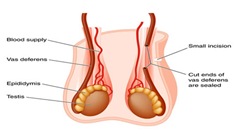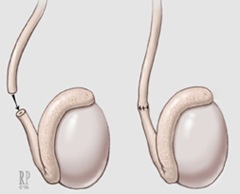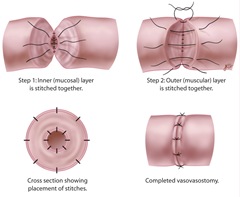What are the success rates for vasectomy reversal? Tubal reversal and vasectomy reversal are one and the same. The procedure is gaining more popularity with each passing day. Several men choose to undergo vasectomy at a certain point in their life. However, many of them start regretting that decision.
In most cases, they regret it because they decide to have a child. So, they start looking for procedures that would undo their vasectomy. This is where vasectomy reversal comes into play. It is a famous procedure to reverse a vasectomy and restore a man’s sexual functions as they were before the surgery.
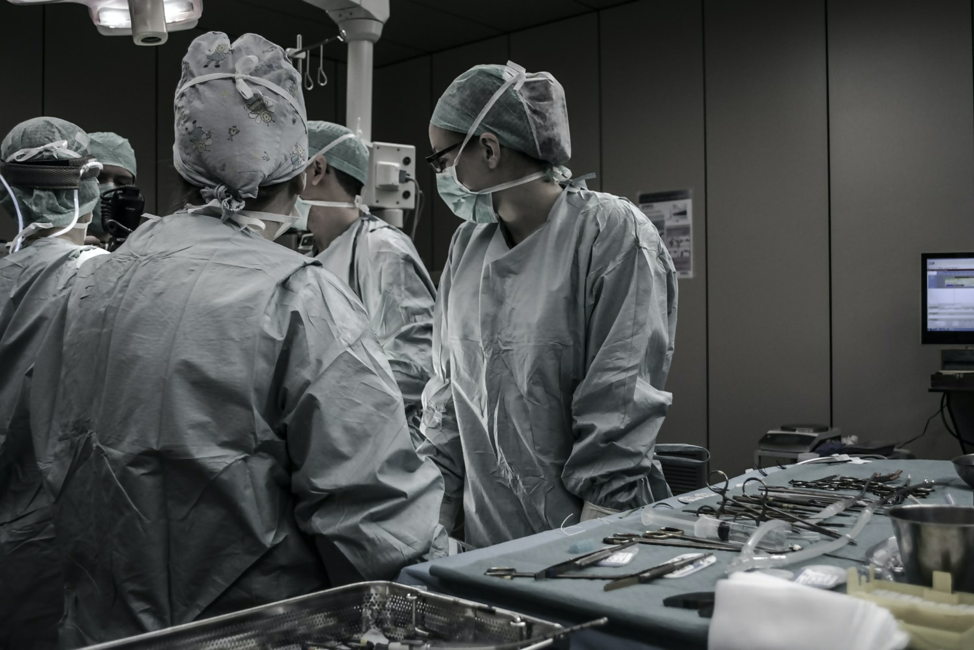
You may be surprised to find out that about twenty percent of men think of getting a vasectomy reversal surgery because of their regret or dissatisfaction of getting a vasectomy. In the earlier days, when vasectomy was new, there was no such thing as vasectomy reversals. This meant that once you underwent a vasectomy, you could not do anything to undo the impact or effects of that surgery. But luckily, as time passed, healthcare industry saw considerable changes, so much so that people are now lucky enough to have a vasectomy or tubal reversal surgery at their disposal.
What Is a Vasectomy Reversal
In case you don’t know, the purpose of a vasectomy reversal is to undo or reverse a vasectomy. Vasectomy is a complicated urological procedure that several men undergo for contraceptive purposes. In this procedure, the surgeons block the vas deferens, stopping its semen supply to the testes. This, in turn, ensures that the person who went through the vasectomy is unable to reproduce.
There are countless cases where men have a change of plans. They decide that they do want to reproduce and give birth, which prompts them to look for ways that reverse their vasectomy. Luckily, there is tubal or vasectomy reversal surgery there to do the trick. Tons of experienced professional doctors are there who deal with vasectomy reversals and have all the knowledge to perform this complicated urological procedure.
Nonetheless, you should always choose experienced doctors. The vasectomy surgeon you choose should have multiple years of performing this surgery as it is a delicate and complex procedure that requires a high skill level.
Is Vasectomy Reversal Safe?
Quite a lot of men who want to have vasectomy reversals contemplate whether the reversal procedure is safe or not. Of course, this surgery deals with a delicate part of the body, and one small mistake by an inexperienced surgeon could make things far worse.
Success rates for repeat vasectomy reversals with obstructive interval <10 vs. ≥10 years:
Note: EV = vasoepididymostomy; VV = vasovasostomy.
Hollingsworth. Outcomes of repeat vasectomy reversals. Fertil Steril 2007.
*Source: https://www.fertstert.org/article/S0015-0282(06)04562-6/fulltext
If the surgeon has a lot of experience, there is no need to worry about vasectomy reversal surgeries. They are as safe as they get. Rarely will you come across botched vasectomy reversal cases. Plus, the procedure is minimally invasive, so no need t worry about getting elaborate tears or bruises on your body. Also, the surgeon performs vasectomy reversals under first-rate microscopes to ensure that everything is done with accuracy and precision. The equipment used for performing the surgery is some of the modern ones that you will find anywhere. However, the type of equipment that the doctors use depends upon where you get your surgery. If the place is well known for its top quality doctors, then rest assured, the equipment they use will be of high quality as well.
Success Rates of Tubal Reversal Surgeries
If you are thinking about going for a tubal reversal surgery but are afraid because it is too dangerous, think again. The success rates of vasectomy reversal are on the higher side. You will be hard-pressed to find cases where a vasectomy reversal went utterly wrong. As mentioned earlier, the most significant deciding factor on whether a surgery goes well or not are the people who perform them. If the surgeons are professional and experienced, then most likely, your surgery will go fine as well. The operation does not take too long.
In most cases, the procedure ends in three to four hours. In some rare cases, it could go for five hours. The doctors will allow you to go home on the same day as the surgery. You can even resume your job after 4 days of rest. You can continue it even earlier if your job is entirely sedentary.
The success rates of vas deferens reconnecting without any troubles are very high. More than 90% of the deferens connect without complains or complications. However, keep in mind that although your surgery might be successful due to the vas deferens’ reconnection, there is no guarantee whether you still will be able to reproduce. Your sexual health and activity could be excellent after surgery, but there is a probability that you might not be able to get pregnant. Cases like these, however, are far and few.
Also, remember that in most cases, tubal reversal or vasectomy reversal surgery does not impact pregnancy. Your partner’s fertility is also a huge determining factor that decides whether they can get pregnant or not. Therefore, you must have your partner take a fertility test before you go for tubal reversal surgery.
Tubal Reversal Surgery Time Limit
There is no particular time limit set for tubal reversal surgeries. However, you must undergo the process as early as possible. The reason for choosing a vasectomy reversal procedure early is because success rates are higher for younger patients. With age, our bodies undergo physiological changes that impact and affect whether you could get pregnant with your partner.
Dr Yaniv Larish at Fifth Avenue Urology is an expert at performing vasectomy reversals.
Contact us today to schedule an in person or online confidential consultation.
Yaniv Larish, MD
4 East 76th Street
New York, NY 10021
(646) 862-5500




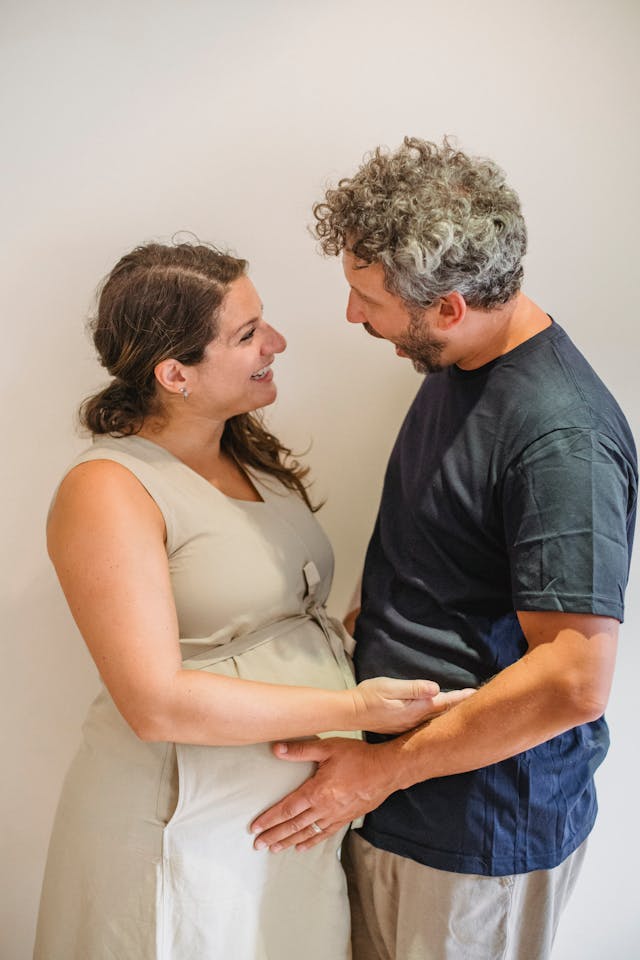 Vasectomy reversal is a remarkable procedure that can restore fertility in men who have previously undergone a vasectomy. However, one crucial factor that can influence the outcome of vasectomy reversal is age. In this blog, we’ll delve into the significant impact of age on vasectomy reversal success rates, helping individuals and couples make informed decisions about their
Vasectomy reversal is a remarkable procedure that can restore fertility in men who have previously undergone a vasectomy. However, one crucial factor that can influence the outcome of vasectomy reversal is age. In this blog, we’ll delve into the significant impact of age on vasectomy reversal success rates, helping individuals and couples make informed decisions about their 
 Factors Influencing Outcome of Vasectomy Reversals: Personalized Guidance for Optimal Results
Factors Influencing Outcome of Vasectomy Reversals: Personalized Guidance for Optimal Results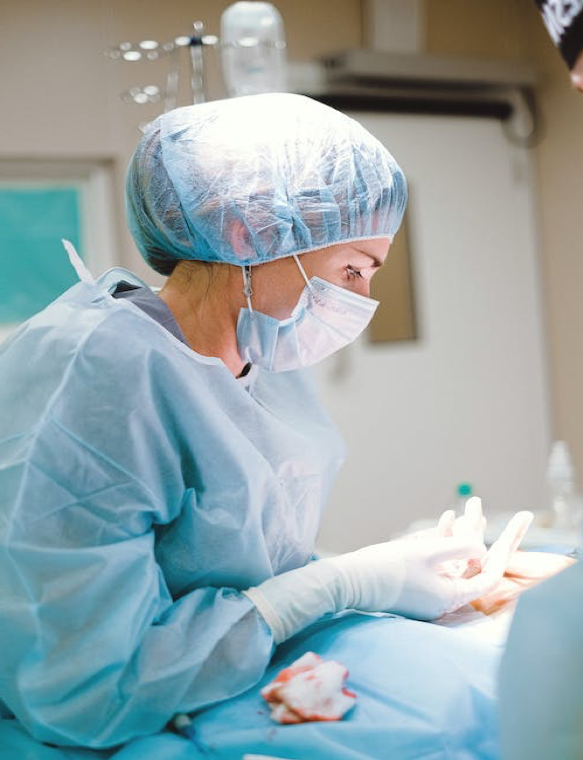







 You can increase the odds of success of your Vasectomy Reversal Surgery by choosing Dr. Larish , the leading vasectomy reversal specialist in NYC.
You can increase the odds of success of your Vasectomy Reversal Surgery by choosing Dr. Larish , the leading vasectomy reversal specialist in NYC.

 Top Vasectomy reversal surgeon in NYC
Top Vasectomy reversal surgeon in NYC